As PR experts, we know the major benefits that using social media sites can bring and are aware of how to use them properly.
However, some people out there do not know the full ramifications of what they post, despite the laws being easy to access, such as on the BBC’s website, which clearly explains social media etiquette. With members of the public using these sites as a way to put across a message, it is essential to know that legal proceedings could be brought if you write the wrong thing.
The benefits of social media sites such as Twitter, Facebook and Pinterest are well known to us in the PR industry. An ability to communicate directly with audiences, an opportunity to gain greater exposure and an ability to broadcast important news means that social media is an invaluable tool for us to use everyday. However, people who use these sites for the wrong reasons may be unaware of the risks that they take.
If a company or person broadcasts something that may be classed as defamatory towards another, under the Defamation Act 1996, then this can lead to libel proceedings. This can be seen with the example of Lord McAlpine, who threatened to sue everyone who tweeted or re-tweeted some of the defamatory posts that were made about him on Twitter. It would be a PR disaster for and libel proceedings to be brought because of posting something on a social media site, and would certainly be damaging to a person/companies reputation. Therefore it shows how important it is that we know what is acceptable to publish and what is not.
There are several myths surrounding the legal implications surrounding posting on social media, as TaylorWessing has discussed. For example, the fact that posting on these sites acts as a publication means that you may be subject to libel proceedings if what is posted is defamatory. The general public still seem unaware of this, whereas in the PR profession it is well known.
We have previously discussed on our blog the defamation laws surrounding social media sites, and noted how the laws are changing. This makes it ever more important for others to know what we already do about the legal implications of posting defamatory material.
I think it is surprising that there are still so many who are unaware of the risks that they take when publishing potentially defamatory statements. For people and businesses to make the most of social media a good understanding of the laws is essential.
How do you feel about libel and social media? What changes need to be made now everyone is using social media?




